The most important goal of Hungary’s national policy over the past 15 years has been to reconnect every Hungarian community in the Carpathian Basin into the “national bloodstream,” emphasized the State Secretary for National Policy at the Prime Minister’s Office in his welcoming speech at the opening event of the 4th Carpathian Basin Hungarian Media Meeting in Balatonalmadi. Lorinc Nacsa recalled that numerous programs had been created to bring communities together and to weave ever closer the "Carpathian Basin network." He added that a protective net, when tightly woven, becomes strong and resilient, capable of withstanding a lot and preserving "our Hungarian identity here in the Carpathian Basin."
The State Secretary noted that media plays an essential role within this network, as it serves as a “fourth branch of power” and has a profound influence on people’s lives, especially when they can read, listen to, and watch it in their mother tongue. "Therefore, the survival and strengthening of Hungarian-language media beyond Hungary's borders is a matter of national interest. It contributes to the prosperity of ethnic Hungarian communities in their homelands," he said. Lorinc Nacsa highlighted three key figures representing the achievements reached over the past 15 years:
- Hungary's government has supported 43,000 community-building programs for Hungarian communities abroad;
- helped establish or strengthen 1,100 twin-town partnerships between settlements in Hungary and Hungarian-populated regions beyond the borders;
- and through the Hatartalanul (Without Borders) program, 600,000 Hungarian students from Hungary have visited Hungarian-populated areas outside Hungary in the past 13 years.
The State Secretary pointed out that national policy itself has come under attack, and that this campaign has grown stronger in recent months. The leaders of the two largest opposition parties, Tisza Party and the Democratic Coalition (DK), are now openly campaigning against the dual citizenship and voting rights of Hungarians living in countries neighboring Hungary. "The spirit of December 5, 2004, has once again crept powerfully into Hungarian domestic politics," he said, referring to the failed referendum on dual citizenship. "And once again, the Hungarians living beyond our borders are the victims and the ones who must bear the consequences."
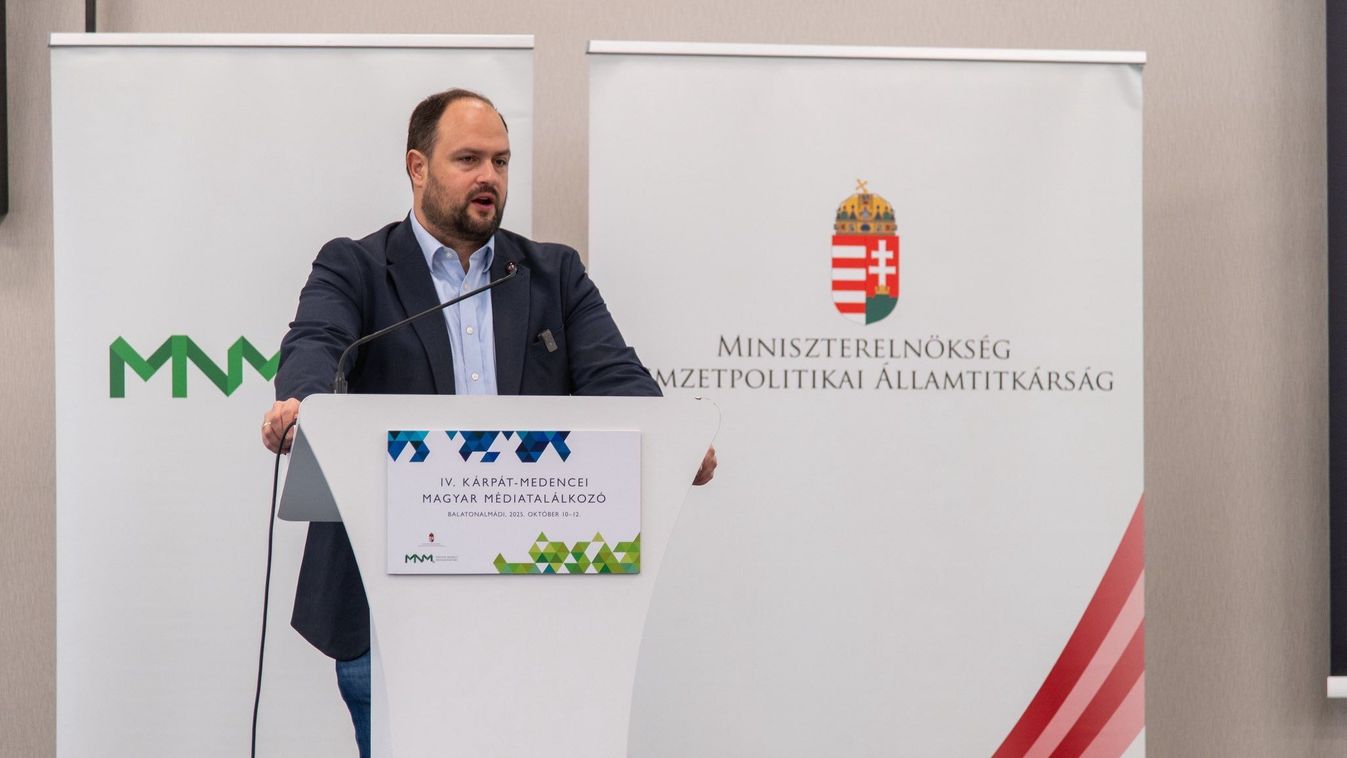
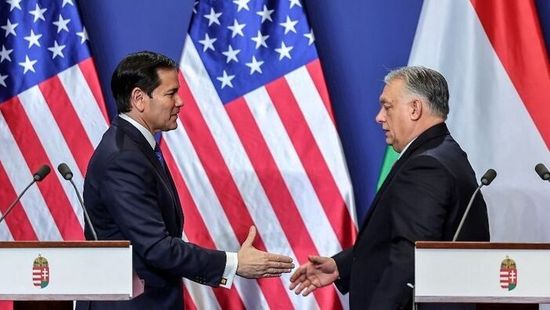
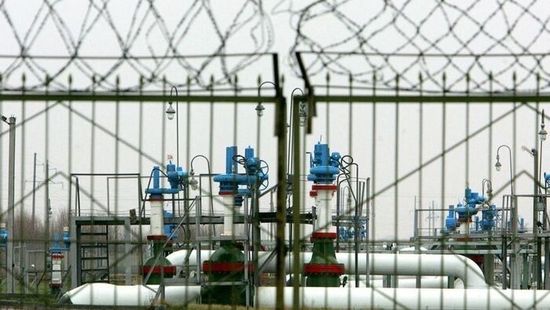
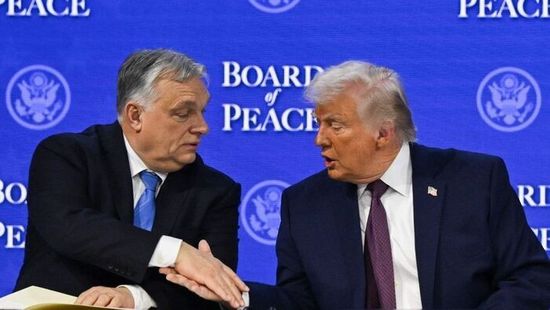









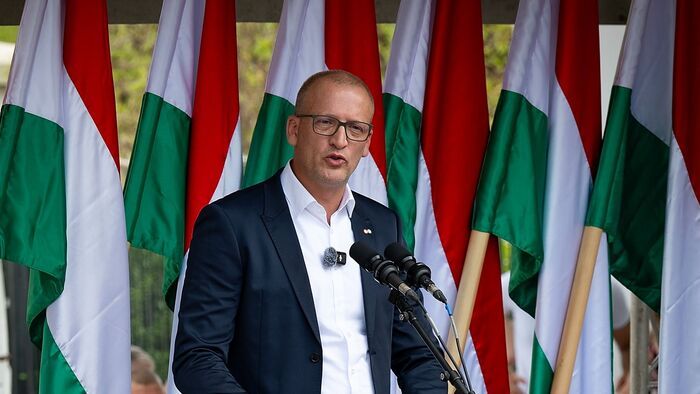


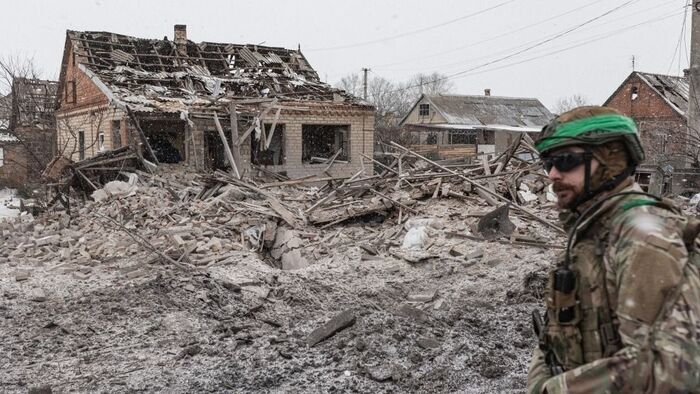






Szóljon hozzá!
Jelenleg csak a hozzászólások egy kis részét látja. Hozzászóláshoz és a további kommentek megtekintéséhez lépjen be, vagy regisztráljon!